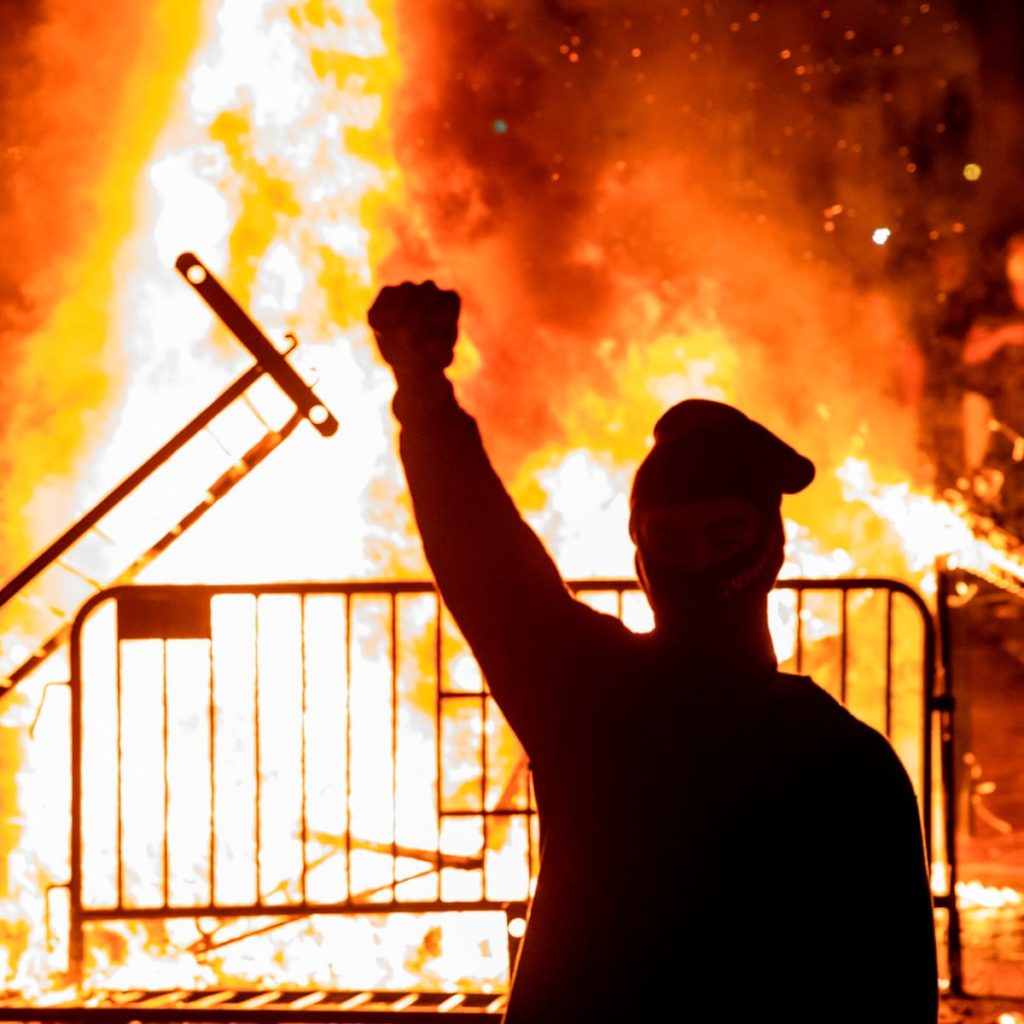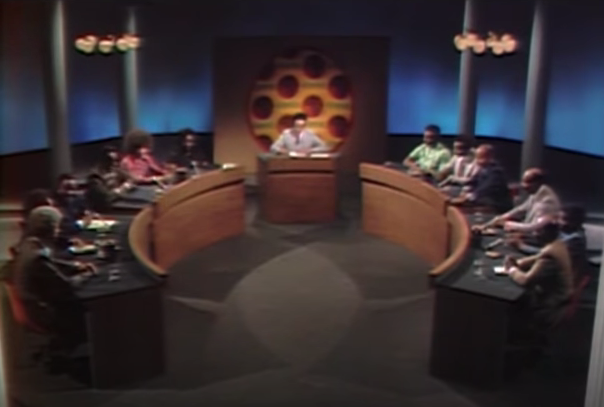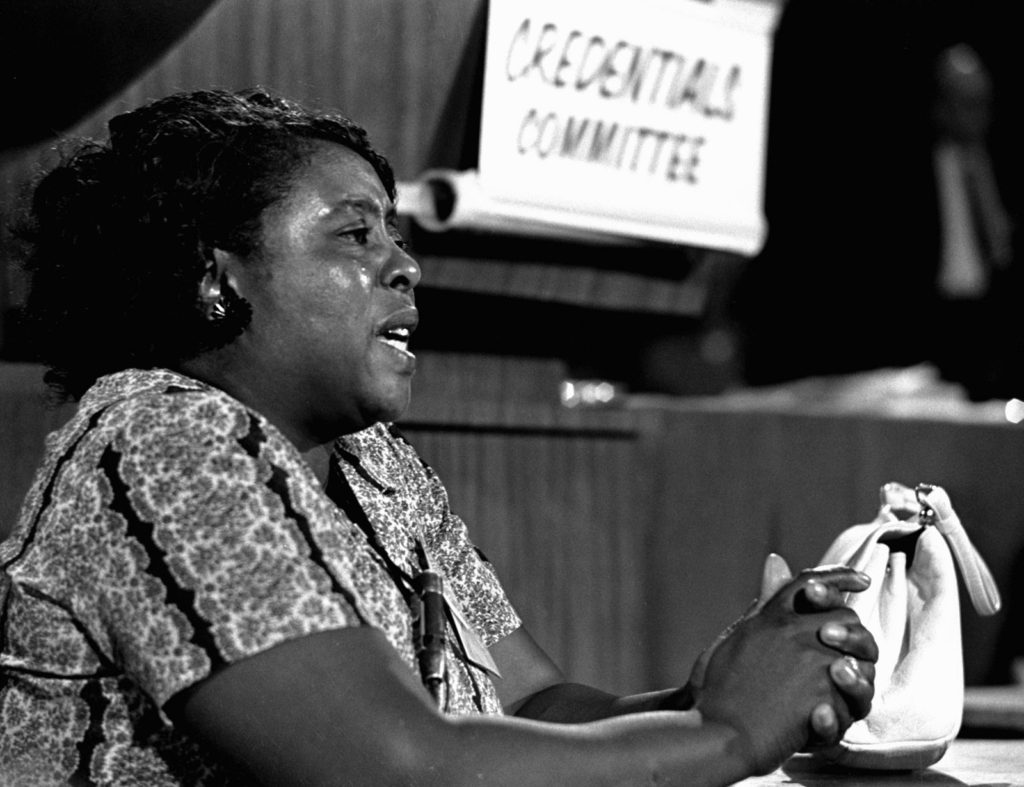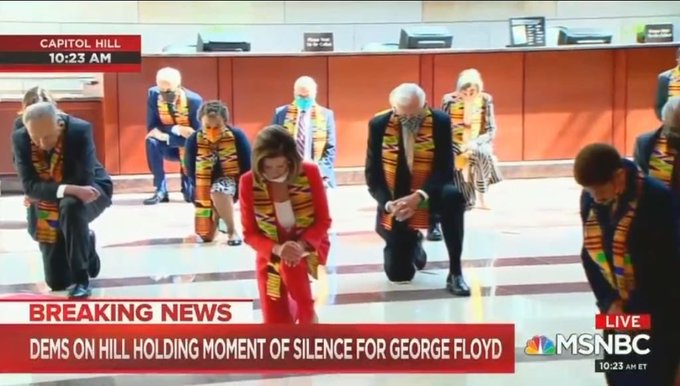The Center Cannot Hold
America is going through an unprecedented moment. We are in the middle of a global public health crisis, with over 100,000 Americans dead and 40 million Americans unemployed. We are also going through a racial crisis with police brutality front and center with protests and violence.
I have been thinking about William Butler Yeats’ apocalyptic poem, The Second Coming. He wrote it in the aftermath of World War I and at the beginning of the 1918 flu pandemic, which his wife almost died from. Yeats was in a dark place then as we are now, and it only seems appropriate the think about his words today.
The Second Coming by W.B. Yeats
Turning and turning in the widening gyre
The falcon cannot hear the falconer;
Things fall apart; the centre cannot hold;
Mere anarchy is loosed upon the world,
The blood-dimmed tide is loosed, and everywhere
The ceremony of innocence is drowned;
The best lack all conviction, while the worst
Are full of passionate intensity.
Surely some revelation is at hand;
Surely the Second Coming is at hand.
The Second Coming! Hardly are those words out
When a vast image out of Spiritus Mundi
Troubles my sight: somewhere in sands of the desert
A shape with lion body and the head of a man,
A gaze blank and pitiless as the sun,
Is moving its slow thighs, while all about it
Reel shadows of the indignant desert birds.
The darkness drops again; but now I know
That twenty centuries of stony sleep
Were vexed to nightmare by a rocking cradle,
And what rough beast, its hour come round at last,
Slouches towards Bethlehem to be born?



